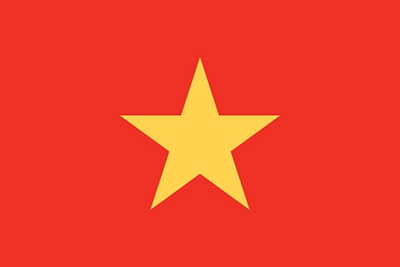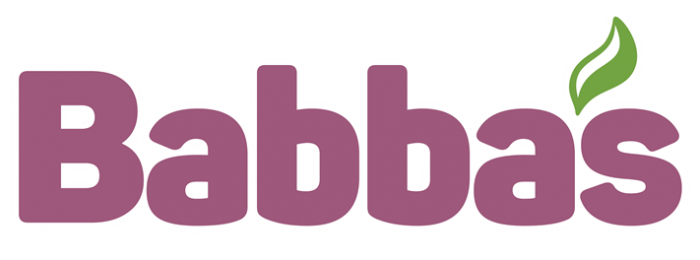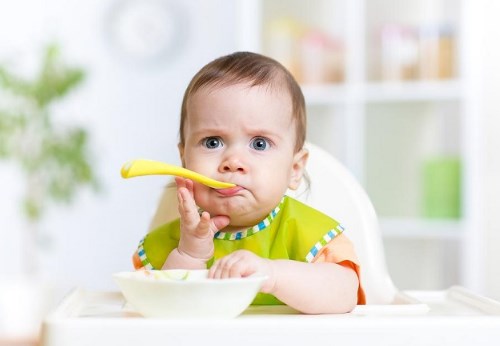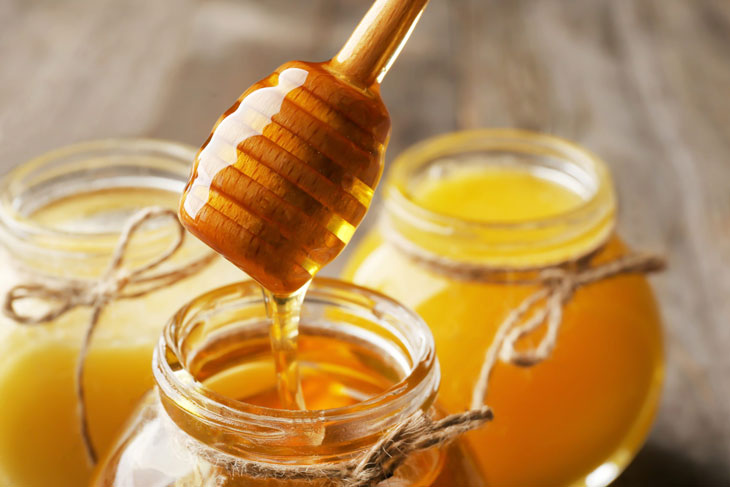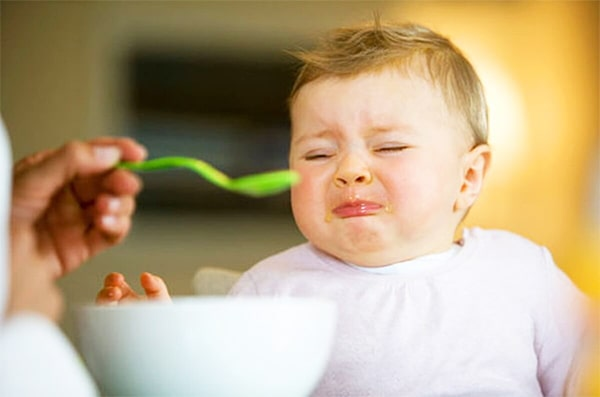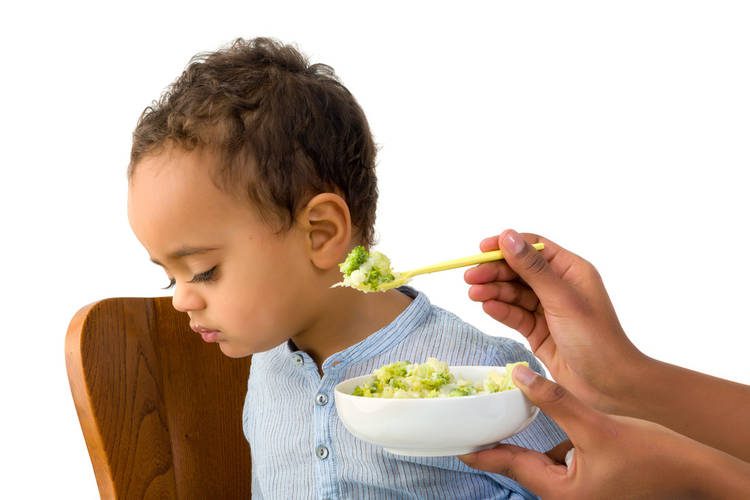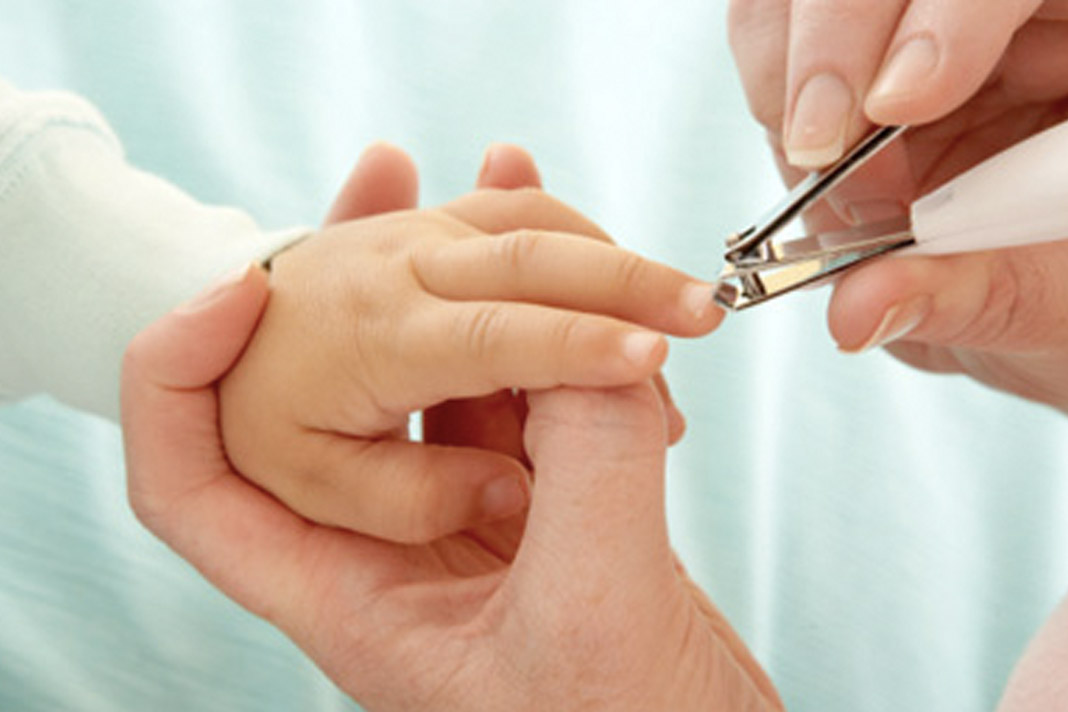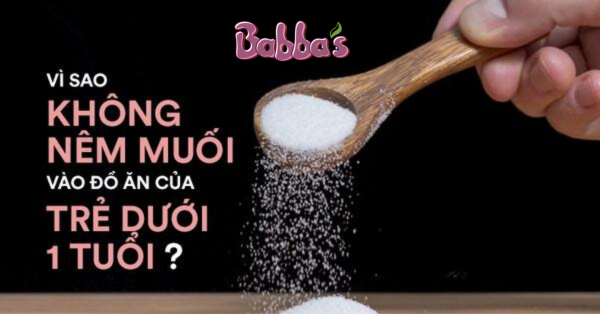18/03/2024
Should babies under 1 year eat salt?
Date 18-03-2024 Views 340
Infants fed with too much salt are at risk of kidney damage, high blood pressure and even an increased risk of cardiovascular disease. Therefore, children under 1 year old should not eat salt added to the diet. After 1 year of age, parents can add a small amount of salt to the child's diet.
Many people often add salt to their child's food with the aim of improving the taste and stimulating the child's taste buds. If you adopt an active weaning approach to feed your baby on demand, you can offer foods that contain more salt. However, babies who eat too much salt may experience some of the following problems:
1.Too much salt in a diet can damage child's kidneys. Because baby's kidneys are immature and can't filter excess salt as efficiently as adult kidneys.
2.A diet high in salt can also affect child's long-term health and taste preferences. Babies are born with a natural preference for sweet, salty, and umami-flavored foods. Continually introducing salty foods can reinforce this natural preference, making children more inclined to prefer salty foods over others. Processed foods, which have a salty taste but are often not rich in nutrients, may be preferred over foods that are naturally lower in salt, such as vegetables.
3.A diet rich in salt can cause a child's blood pressure to rise. Research shows that the blood pressure-raising effects of salt may be stronger in infants than in adults. As a result, children who are fed a high-salt diet tend to have higher blood pressure levels during childhood and adolescence, which increases the risk of heart disease in adulthood. In some severe cases, very high salt intake can expose children to emergency situations that require medical treatment, which can even lead to death.
